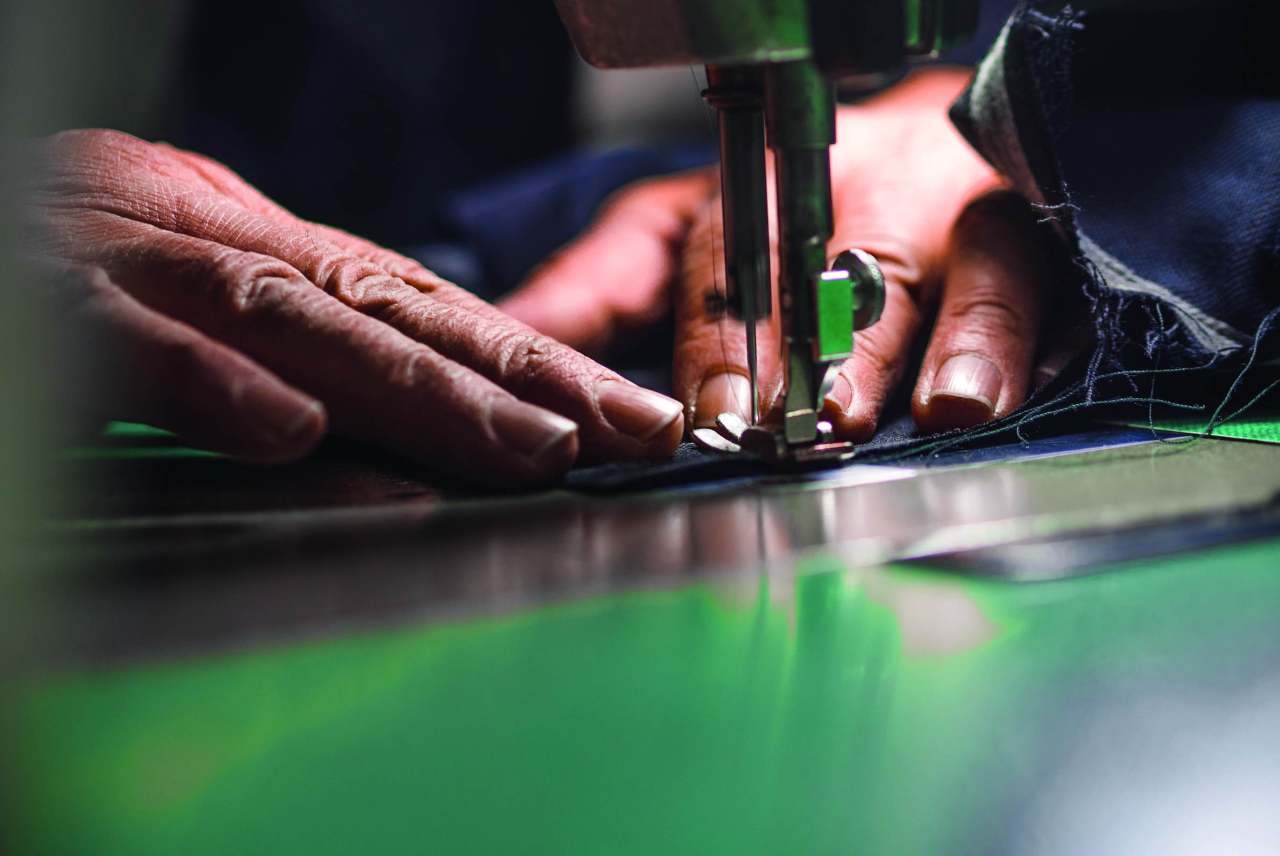Milan’s Fashion Chamber adopts manifesto to improve diversity
Over 100 members of Milan’s National Fashion Chamber adopted a manifesto in January which aims to improve rates of racial and gender diversity within the industry. The move comes a year after leading Italian fashion brands faced criticism regarding racially and culturally insensitive designs, including the use of blackface by Gucci and Prada.
Milan is recognised as one of the fashion capitals of the world, however, dissimilar to its counterpart fashion capitals, London, New York, and Paris, Milan is considered to be greatly lagging behind in terms of its diversity, both on and off the runway.
The new diversity manifesto offered by the country’s National Fashion Chamber aims to increase racial and gender diversity within all sectors of the multibillion-dollar industry.
The manifesto calls for representations of varying ideas of beauty on the runway, as well as gender diversification in the top roles of fashion houses.
There has been some criticism that the manifesto lacks hard commitments, especially with the large fashion house Dolce & Gabbana notably missing from the adoptees. Yet campaigners say that this starting point is necessary and a long time coming.







